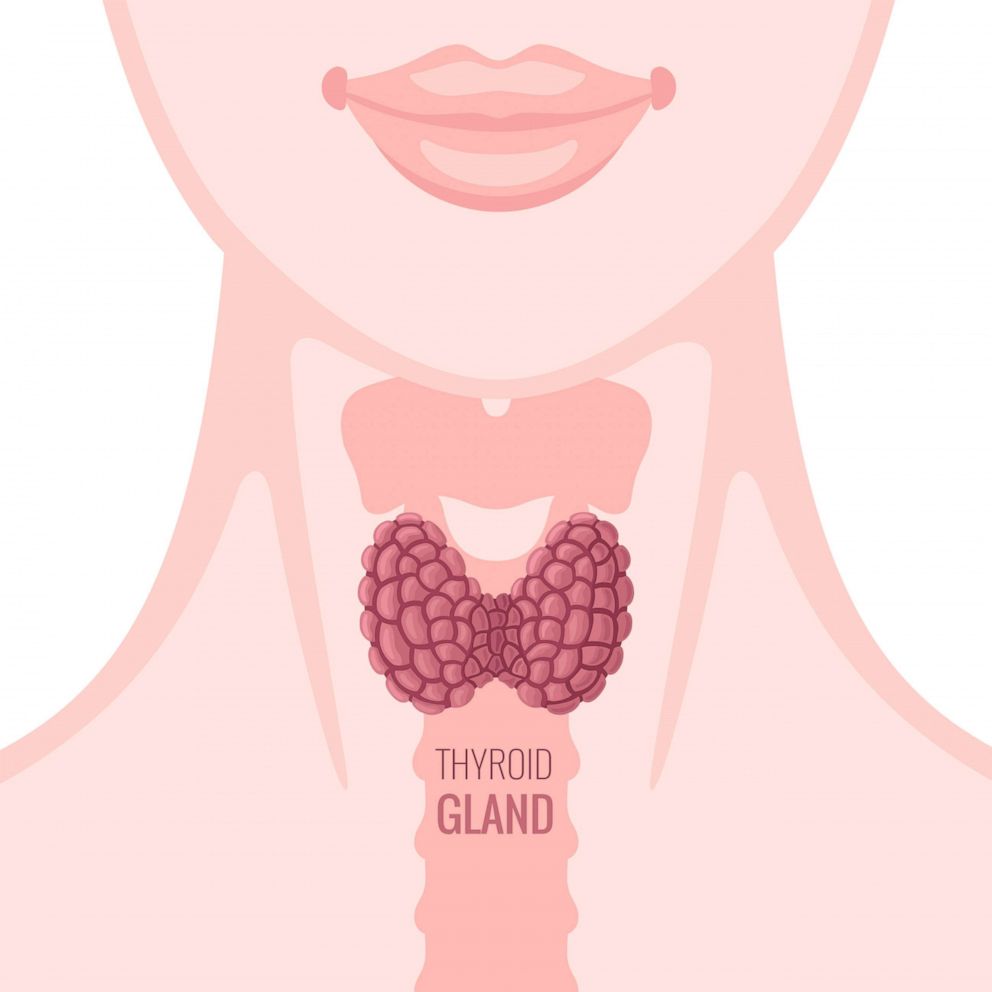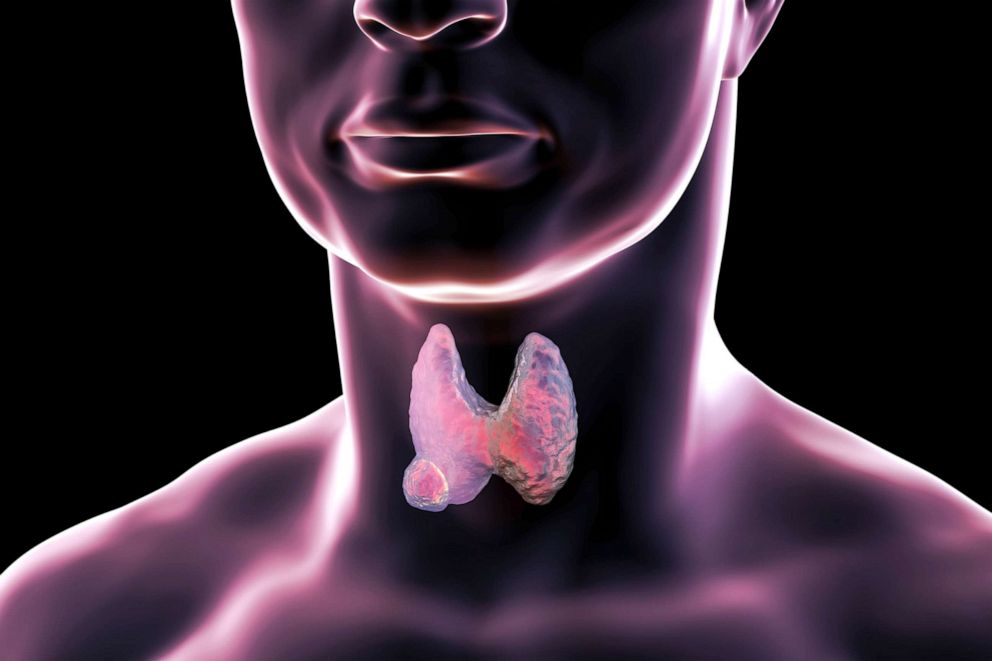Thyroid Cancer Awareness Month: How to check for the increasingly occurring disease
September is Thyroid Cancer Awareness Month. Like many other types of cancer, if caught early, thyroid cancer can be treated.
Although routine screenings for thyroid cancer aren't common, there are ways for patients to self-check their thyroid.
The thyroid is a butterfly-shaped gland in the front of the neck, which produces hormones that affect every tissue in the body. As a key part of the endocrine system, the thyroid regulates breathing, heart rate, body temperature, muscle control and even mood.
Because of its function, the thyroid is necessary for survival, and patients living without it have to take a hormone-replacement medication such as Synthroid, which replaces the natural hormone needed to live.

The American Cancer Society said thyroid cancer is among the fastest-increasing cancers, estimating that more than 52,000 new cases will be reported this year.
The American Cancer Society also said women are three times more likely to develop thyroid cancer than men.
Dr. Benjamin R. Roman, a surgeon at Memorial Sloan Kettering Cancer Center, told "GMA" what people should know about the symptoms of thyroid cancer.
Roman said that the main symptom to prompt an evaluation for thyroid cancer is a lump in the neck.
"If you look in the mirror and you see a lump in the low part of the neck or you feel a lump when you're swallowing, that's really the most common symptom of a new thyroid cancer," Roman said.
Other symptoms can include pain in the front of the neck, voice hoarseness, trouble swallowing and breathing, and a constant cough.
There are also steps you can take at home to detect a potential thyroid cancer, such as neck check, which Roman demonstrated.
"A growth in the thyroid would be visible if you were looking in the mirror," said Roman, adding, "it would be especially visible if you were swallowing."
The Thyroid Cancer Survivors Association has a guide that shows how you need only a glass of water and a mirror to perform the self-neck check.

"If you discover a lump or bump in your thyroid, it's important that you find experts who can talk to you about this nuance and make sure that the treatment pathway is personalized for you," Roman said.
Thyroid cancer treatment can include surgery, radioactive iodine, external beam radiation therapy, chemotherapy, targeted therapy and thyroid hormone therapy.
Although most thyroid cancers are treatable when caught early, the Thyroid Cancer Survivors Association said there's a 30% chance of it recurring, and monitoring should continue for a patient's lifetime.
If a patient's thyroid gland is removed, that person will need daily medication for the rest of for their life. Patients who undergo surgery also may be left with a scar across their neck, a visible reminder of their cancer journey.
For more information on types of thyroid cancer, treatment, and resources visit the Thyroid Cancer Survivors Association.







